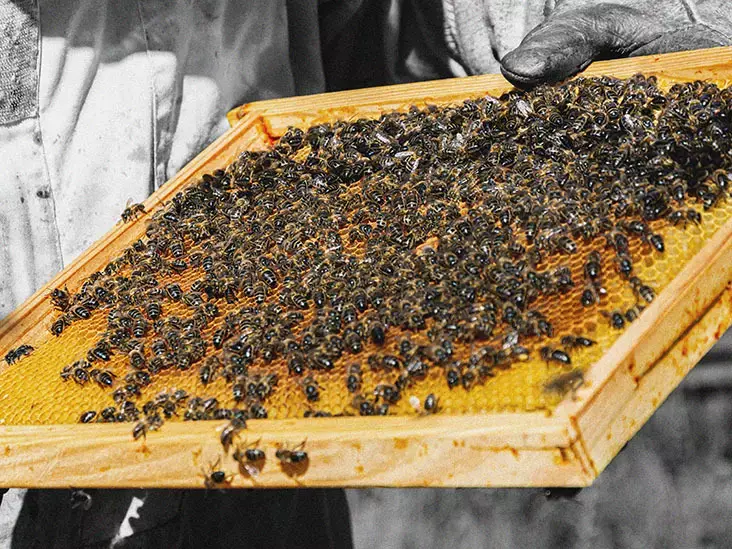- Home
- Medical news & Guidelines
- Anesthesiology
- Cardiology and CTVS
- Critical Care
- Dentistry
- Dermatology
- Diabetes and Endocrinology
- ENT
- Gastroenterology
- Medicine
- Nephrology
- Neurology
- Obstretics-Gynaecology
- Oncology
- Ophthalmology
- Orthopaedics
- Pediatrics-Neonatology
- Psychiatry
- Pulmonology
- Radiology
- Surgery
- Urology
- Laboratory Medicine
- Diet
- Nursing
- Paramedical
- Physiotherapy
- Health news
- Fact Check
- Bone Health Fact Check
- Brain Health Fact Check
- Cancer Related Fact Check
- Child Care Fact Check
- Dental and oral health fact check
- Diabetes and metabolic health fact check
- Diet and Nutrition Fact Check
- Eye and ENT Care Fact Check
- Fitness fact check
- Gut health fact check
- Heart health fact check
- Kidney health fact check
- Medical education fact check
- Men's health fact check
- Respiratory fact check
- Skin and hair care fact check
- Vaccine and Immunization fact check
- Women's health fact check
- AYUSH
- State News
- Andaman and Nicobar Islands
- Andhra Pradesh
- Arunachal Pradesh
- Assam
- Bihar
- Chandigarh
- Chattisgarh
- Dadra and Nagar Haveli
- Daman and Diu
- Delhi
- Goa
- Gujarat
- Haryana
- Himachal Pradesh
- Jammu & Kashmir
- Jharkhand
- Karnataka
- Kerala
- Ladakh
- Lakshadweep
- Madhya Pradesh
- Maharashtra
- Manipur
- Meghalaya
- Mizoram
- Nagaland
- Odisha
- Puducherry
- Punjab
- Rajasthan
- Sikkim
- Tamil Nadu
- Telangana
- Tripura
- Uttar Pradesh
- Uttrakhand
- West Bengal
- Medical Education
- Industry
Propolis Supplementation may benefit symptoms of IBS, finds study

A new study conducted by Mahsa Miryan and team showed that Propolis supplementation may improve the severity of the constipation subtype of IBS (IBS-C) and the mixed subtype of IBS (IBS-M) by lowering the severity and frequency of stomach discomfort in people with irritable bowel syndrome (IBS). The findings of this study were published in Food Sciences and Nutrition.
Recent research suggests that propolis can influence gastrointestinal (GI) function. Given the vast variety of possible causes and symptoms in IBS patients that propolis may affect, the purpose of this study was to determine the efficiency of propolis supplementation on the degree of IBS symptoms.
This clinical investigation included 56 people who were diagnosed with IBS using the Rome IV criteria. For 6 weeks, eligible patients were randomly randomized to receive either 900 mg/day of propolis or equivalent placebo pills. The IBS symptom severity scale (IBS-SSS) was used to assess the severity of IBS in five clinically relevant items.
The key findings of this study were as follow:
1. After correcting for anxiety, a substantial decrease in the total score of IBS symptoms (98.27±105.44), the intensity of abdominal pain (24.75±28.66), and the incidence of abdominal pain (2.24±3.51) was found with propolis therapy over placebo (p-value.05).
2. Participants in the propolis group were 6.22 times more likely than those in the placebo group to report relief in IBS symptoms (95% CI: 1.14–33.9; p-value:.035).
3. Anthropometric measures and food intakes did not differ significantly across groups (p-value >.05).
4. At baseline, there were no significant differences in mean calorie and nutritional intakes between the propolis and placebo groups.
In conclusion, the outcomes of this study indicated that propolis supplementation may have a favorable impact on the constipation subtype of IBS (IBS-C) and mixed subtype of IBS (IBS-M) severity by lowering the severity and frequency of abdominal discomfort in irritable bowel syndrome patients.
Reference:
Miryan, M., Soleimani, D., Alavinejad, P., Abbaspour, M., & Ostadrahimi, A. (2022). Effects of propolis supplementation on irritable bowel syndrome with constipation (IBS-C) and mixed (IBS-M) stool pattern: A randomized, double-blind clinical trial. Food Science & Nutrition, 00, 1– 9. https://doi.org/10.1002/fsn3.2806
Medical Dialogues consists of a team of passionate medical/scientific writers, led by doctors and healthcare researchers. Our team efforts to bring you updated and timely news about the important happenings of the medical and healthcare sector. Our editorial team can be reached at editorial@medicaldialogues.in.
Dr Kamal Kant Kohli-MBBS, DTCD- a chest specialist with more than 30 years of practice and a flair for writing clinical articles, Dr Kamal Kant Kohli joined Medical Dialogues as a Chief Editor of Medical News. Besides writing articles, as an editor, he proofreads and verifies all the medical content published on Medical Dialogues including those coming from journals, studies,medical conferences,guidelines etc. Email: drkohli@medicaldialogues.in. Contact no. 011-43720751


